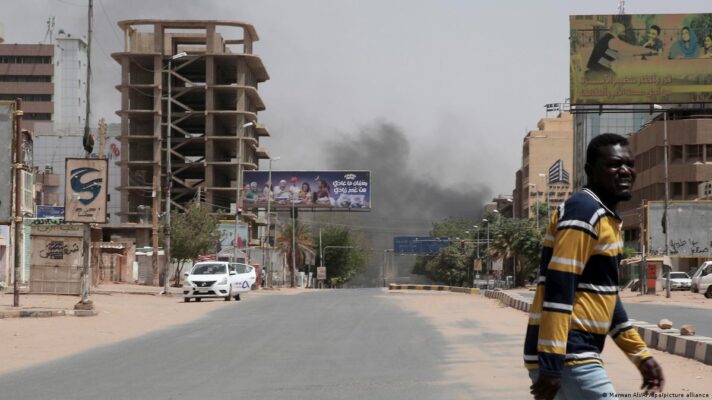Violent confrontations between the Sudanese army and rival paramilitary Rapid Support Forces resumed in the north African country after a widely respected 72-hour cease-fire.
The Rival forces accused each other of attacking the intelligence headquarters in Khartoum, the capital, with photographs showing a massive fire above the structure.
BBC reported that the Sudanese army claimed the facility was bombarded by the paramilitary Rapid Support Forces (RSF), while the RSF claimed the structure was “situated within areas under [its] control” and was exposed to aerial bombardment and artillery attacks by the army.
While responding, the RSF in a statement accused the Sudanese army of “a clear attempt to erase the evidence of their heinous actions during their oppressive rule”.
Critics have faulted the warring parties for ignoring calls to end the war after renewed clashes surfaced following a three-day ceasefire that was largely observed in Khartoum and other cities largely affected by the war.
Eyewitnesses reported to Sudan Tribune that there was a distinct difference in the capital as the ceasefire took effect.
The usual sound of jets roaring above the capital’s skies was missing, and for the first time in a week, the unrelenting artillery bombardment came to a halt.
The war in Sudan has displaced about 2.2 million individuals, including one million children.
The actual number of casualties, both fatalities and injuries, remains unknown at this time despite several estimations.

